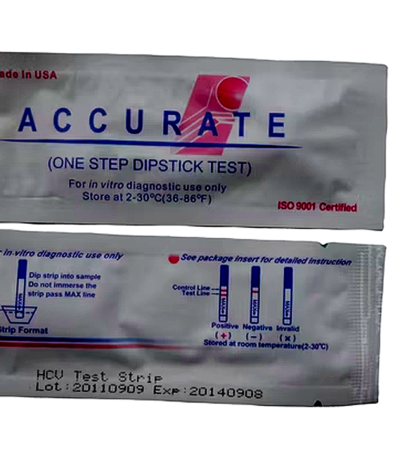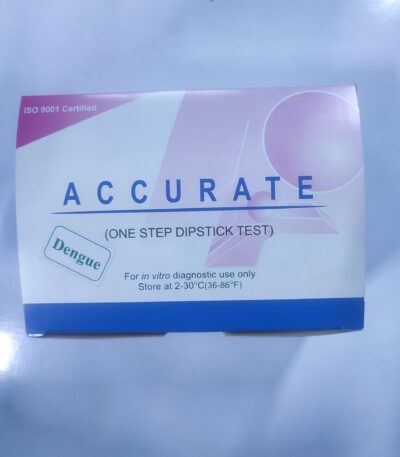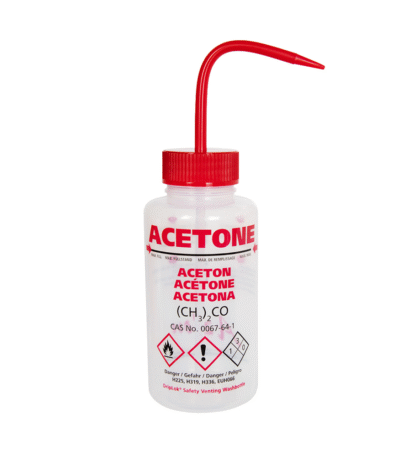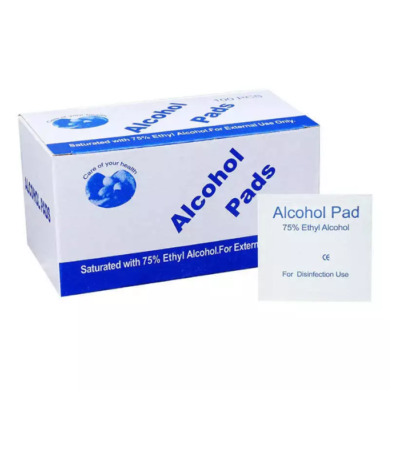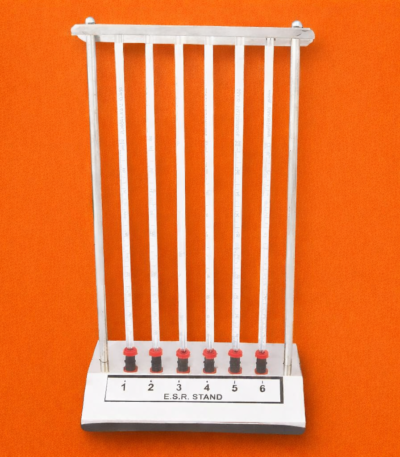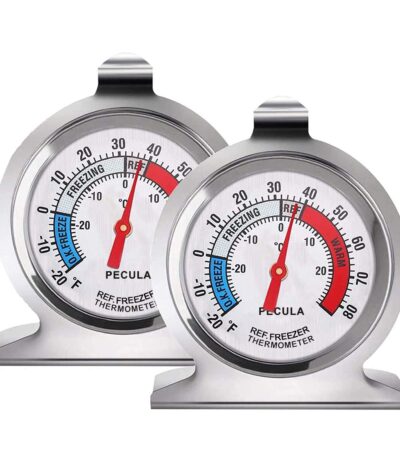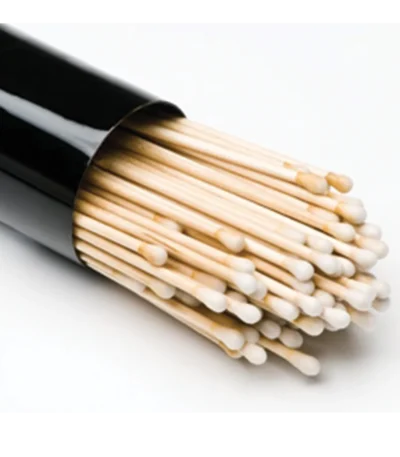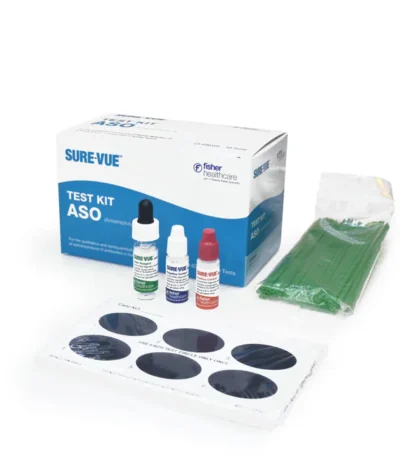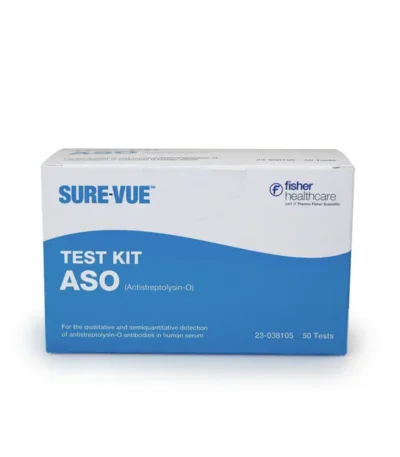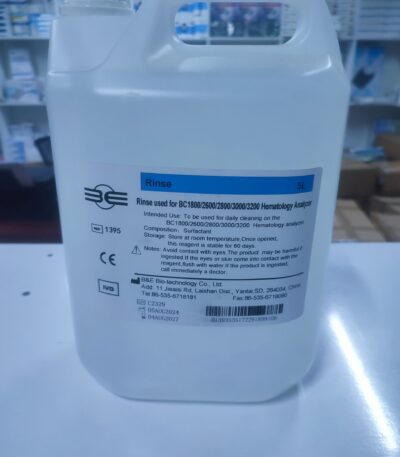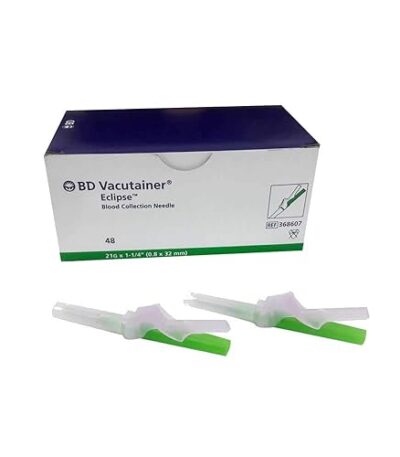Filter by price
Stock status
Showing 13–24 of 250 results
Accurate hepatitis A Test Kit
Accurate Hepatitis B Test Kit
ACCURATE One Step Dipstick Dengue Diagnostic Kit
Accurate Tepatitis C Test Kit
Acetone
Alcohol Pads
An ESR (Erythrocyte Sedimentation Rate) Stand
Analogue Fridge/Freezer Thermometers
Applicator Sticks
ASOT Test Kit
Specifications
| Content And Storage | 2°C to 8°C |
| Control Sets | Yes |
| CPT Code | 86060 |
| CE Marker | Self-declared |
| Clia Complexity | Moderate |
| Detectable Analytes | Anti-Streptolysin O (ASO) |
| Detection Method | Agglutination |
| Sample Type | Human Serum |
| Sensitivity | 200 IU/mL |
| Disposable | Single-use |
B&E Bio – 5-Liter Rinse Solution
Key Features
-
Laboratory-Grade Purity: Formulated to deliver clean, residue-free rinsing for sensitive instruments and procedures.
-
Large 5-Liter Capacity: Provides extended use, reducing frequent replacement and supporting high-volume operations.
-
Secure, Easy-Pour Bottle: The sturdy bottle design ensures safe handling, controlled dispensing, and long storage life.
-
Multi-Purpose Use: Suitable for rinsing glassware, instruments, pipette tips, sample containers, and general lab equipment.
-
Stable Composition: Designed to maintain quality over time when stored properly.
Applications
-
Routine laboratory rinsing
-
Diagnostic sample preparation
-
Cleaning of medical and research equipment
-
General use in microbiology, chemistry, and biomedical labs
BD Vacutainer Eclipse Blood Collection Needles
Key Features
-
Built-In Safety Shield: Each needle comes with an integrated safety mechanism that can be activated with one hand. Once engaged, the shield locks over the needle, helping to prevent accidental needle-stick injuries.
-
Smooth, Comfortable Insertion: The needles are designed with a refined bevel and a friction-reducing coating, allowing for smoother penetration and reduced discomfort during blood draws.
-
Multi-Sample Capability: These needles work seamlessly with standard Vacutainer holders and allow multiple tubes to be drawn from a single venipuncture.
-
Pre-Attached Holder Option: Some versions arrive with a holder already attached, reducing setup time and minimizing handling.
-
Latex-Free & Sterile: Every needle is sterile and free from latex, ensuring safe use for both patients and practitioners.
Summer health medical supplies limited.
We are happy to serve you fro all your health, medical and hospital supplies. Contact Us Here for any enquiries that you may need clarification.

